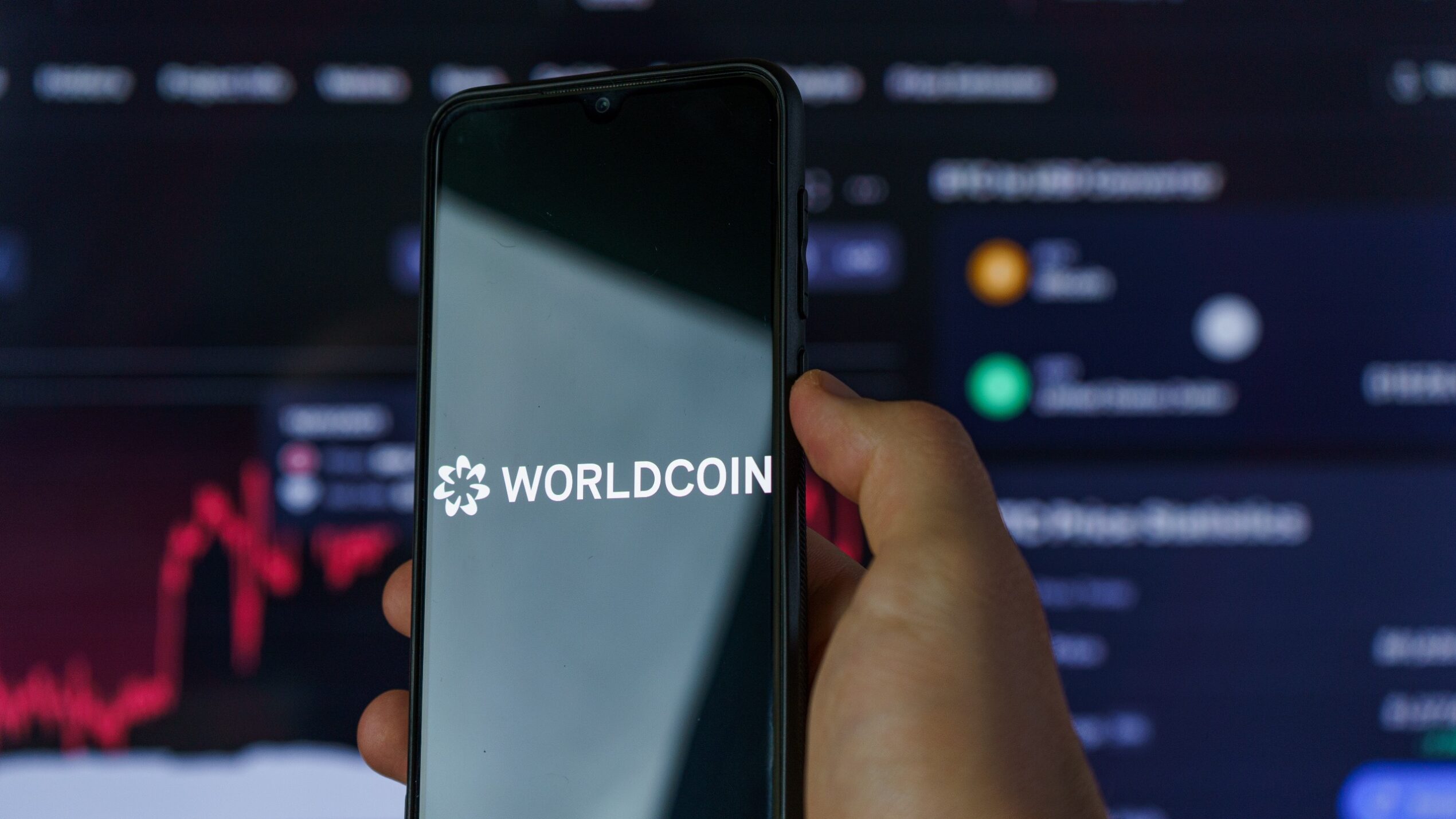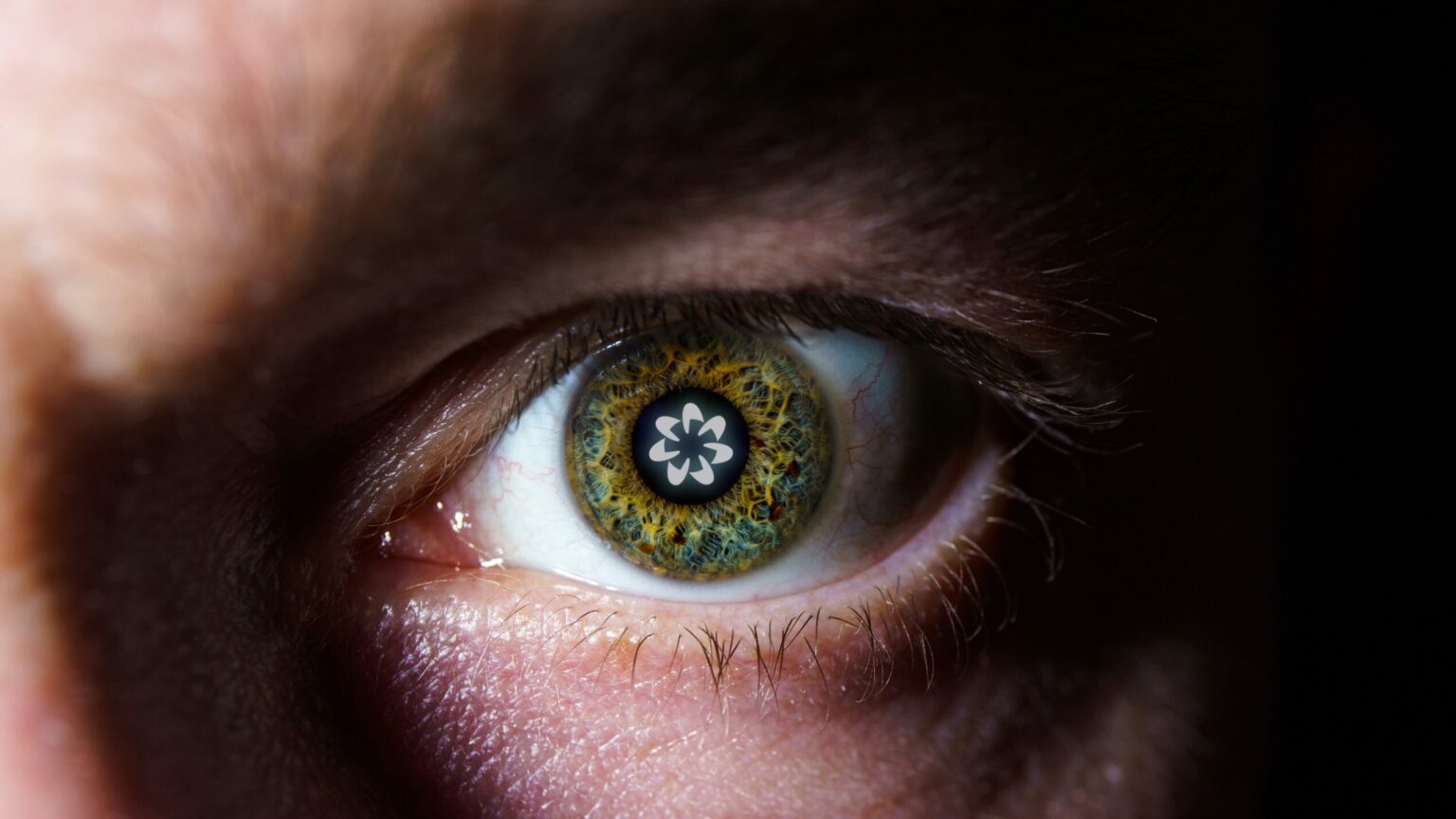OpenAI founder Sam Altman believes the time may finally have come for Worldcoin – a cryptocurrency project that is part global ID system, part payments app. The project demands its users to submit to a biometric iris scan or ‘proof of humanity’ to receive a small sum of cryptocurrency and join the network.
Worldcoin has been controversial from its 2021 inception due to its harvesting of biometric data, but at an evening event in January Altman claimed that this is because the company was “not ready to tell its story yet.”
Altman went on to add that “I think [Worldcoin will] do it soon, and I think it will go over well.”
The Worldcoin premise
According to its website, the stated goal of Worldcoin ‘is building the world’s largest identity and financial network as a public utility, giving ownership to everyone.’
Early investors in the project include the investment firm Andreessen Horowitz, the U.S. cryptocurrency exchange Coinbase, and the disgraced former CEO of FTX – Sam-Bankman Fried.
While the stated goals of Worldcoin certainly have a ring of nobility to them, the practical steps to network adoption have always raised a number of questions from privacy-focused individuals. In short, there are users who doubt Worldcoin’s arguments for the public good.
Users who wish to join the Worldcoin network must first download the Worldcoin app and then submit to an iris scan from the ‘orb’ – a shiny sphere that looks a bit like a metal bowling ball. The iris scan is used to create a unique cryptographic hash to identify that person on the Worldcoin network.
Worldcoin has always argued that this iris scan does not risk user privacy because the scan never leaves the orb and it is deleted once the user hash is created. This still leaves some questions unanswered, and where knowledge gaps exist suspicions will grow.
ChatGPT will replace these jobs, per BI:
– Software engineers
– Data analysts
– Advertising
– Journalism
– Paralegals
– Market Research analysts
– Teachers
– Financial analysts
– Graphic designers
– Accountants
– Customer service agentsAnyone missing?
— unusual_whales (@unusual_whales) March 6, 2023
Sam Altman comforts no-one
With OpenAI and ChatGPT Sam Altman has already brought one potentially dystopic product to market. It has been claimed that ChatGPT and its fellow AIs could automate a huge number of white-collar jobs including software engineers, paralegals and journalists.
Given the way that Altman talks about Worldcoin, some people may be forgiven for thinking that the eye-scan cryptocurrency could represent an equally dystopian premise.

As Altman said in January, “I think at this point the need for systems that provide proof of personhood and the need for new experiments with wealth redistribution and the global governance of systems like an [artificial general intelligence] is higher.”
That statement offers considerable room for interpretation, but many of the terms Altman uses could be synonyms for more negative terms. It doesn’t take a genius to convert “proof of personhood” to “global electronic ID.”
Combining that ID system with worldwide wealth distribution and “global governance” AI, and you have a fairly potent mix of conspiracy bait – only its real.
Not you America
The first launch of Worldcoin was met with scorn and ridicule from the cryptocurrency community, but now that the company feels more ready for public scrutiny, its can reset its marketing efforts and start over.
Worldcoin and its CEO, Alex Blania, are now on the front foot again as the company seeks to onboard new users. At present the company only has around 1.2 million users, but it has set its sites on at least a billion.
Today Worldcoin eye orbs can be found “everywhere from universities in Kenya to shopping malls in Lisbon,” according to Blania.
Yet still, one of the biggest hurdles for Worldcoin is getting enough people in front of their steely eye-capturing devices. To boost adoption Worldcoin has plans to entice more users into their network with coupons, loans, and single-player games.
Where you won’t find Worldcoin and its token is in the U.S.
As Blania concluded in a recent conversation with TechCrunch on Wednesday, “Due to regulatory considerations and that the token is not intended to be available in the U.S., I’m not in a position to speculate on how the token may potentially be used.”









 and then
and then